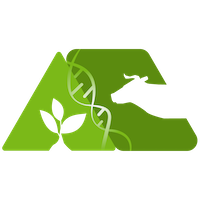State of the art of research on Clean, Green and Ethical Animal Production in Uruguay
DOI:
https://doi.org/10.31285/AGRO.13.847Keywords:
ruminants, nutrition, genetics, behaviour, managementAbstract
Nutrition, genetics, behaviour and their interactions affect the control of reproductive activities. Interventions at any level stimulate reproductive efficiency, but they have to fulfil the criteria of clean, green and ethical to satisfy the consumers. In sheep, focus feeding is used to increase ovulation rate, minimize embryo mortality, and increase colostrum production and the vigour of the ewe and the lamb to increase their survival. In beef and dairy cattle, focus feeding is used to advance puberty, shorten the anoestrus period, and increase pregnancy rate. In both species, nutrition during pregnancy affects the lifetime productivity of the new born. Through genetic markers it will be possible to select the most efficient animals to increase the productivity of our rangeland systems. The male effect is a natural tool to advance puberty, induce and synchronise oestrus in sheep and cattle. The understanding of grazing behaviour was basic to create alternatives to increase forage harvest and the productivity of grazing ruminants. Research regarding the emission of green house gases, climatic changes and global warming and its effect on the rangeland systems are starting in Uruguay. The main objective of this manuscript is to do an update of the actual knowledge and to create consensus of the future of the Clean, Green and Ethical Animal Production in Uruguay.
Downloads
Downloads
Published
How to Cite
Issue
Section
| Article metrics | |
|---|---|
| Abstract views | |
| Galley vies | |
| PDF Views | |
| HTML views | |
| Other views | |

















